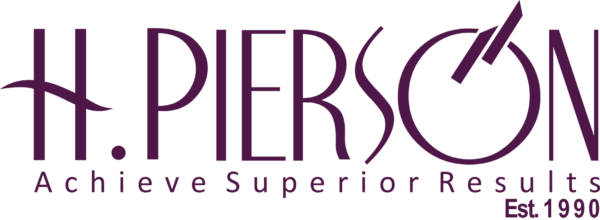The role of the board in ensuring sustainable growth and stability of a “for profit” organisation
January 2, 2024 Board
As a matter of effective corporate practice, the board is responsible for spearheading the positive growth of an institution. This calls for a strategic outlook that will efficiently meet the overall vision of the organisation while delivering profitability and returns to shareholders as well as balancing the needs and requirements of a wider group of stakeholders.
With at least quarterly meetings to discuss the affairs of the institution, it is paramount that it appoints a competent CEO alongside a Senior Leadership and Management team that will run the day-to-day operations and lead in the growth strategy implementation.
Beyond this, the board should ensure that there is a clear succession plan for each of the leadership positions, including the CEO, and review the plan regularly. To ensure the stability of the organisation, it is advisable to groom successors to these key positions from within the organisation. Only occasionally and when necessary should these positions be filled by people from outside the organisation.
As such, it’s the board’s responsibility to ensure that there is a pool of trained staff ready to fill these positions within different time frames. This includes providing them opportunities to participate in board meetings to allow for a first-hand assessment of their readiness when these positions fall vacant.
Some may be ready for promotion immediately, while others may need capacity building and exposure to be able to perform optimally at senior levels-hence the board need to take charge of the process of developing capacity for future leadership of an institution.
Grooming senior leaders from within is important as it provides hope for career growth within the organisation and motivates staff to work hard and more productively. It also reduces the risk of losing good employees.
There is also the aspect of culture integration which is not necessary with internal promotion as opposed to when recruitment is done from outside the organisation. Lack of culture fit of a senior leader can be detrimental to the goals of an organisation. As Simon Sinek, the venerated leadership expert and author of multiple leadership best-sellers, says, “Corporate culture matters. How management chooses to treat its people impacts everything for better or for worse.”
Other than the leadership aspect, internal controls are key, especially during the various growth phases of a company. When these are overlooked or breached, the growth trajectory could turn out to be a backlash mirage, especially for companies operating in regulated industries.
To mitigate breach of controls, it behoves the board to ensure that there is a competent risk team monitoring existing and emerging risks, both internally and externally. In addition, a strong internal control function and a competent external auditor are key as they provide an independent position. At the governance level, an Audit and Risk committee should be put in place to provide oversight of the company’s internal controls and compliance with laws and regulations.
In the current digital era, the board cannot ignore the role of technology in achieving a growth strategy. It thus has to ensure the acquisition and inculcation of relevant and flexible technology to accommodate the overall future growth of the organisation.
While the roles identified here may not be exhaustive, they certainly form the fundamental qualitative aspects of an effective Board in ensuring sustainable growth and stability of an organisation.
Source: IOD.com


